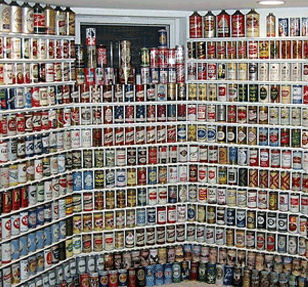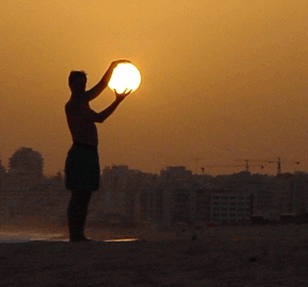Our Desire To Possess Objects
[June 5, 2012]
[blue room]
Unexplained human emotions drive you to gather, collect and care for multiple things. Or you despise objects cluttering and covering and invading your space. Or you gather and disperse in fluctuations of ownership. What does this trait say about you? What do these interactions reveal of your understanding of objects, or is it something deeper, more concerned with your age, stage in life and state of mind? Here we go again, using objects to make judgements about ourselves…
This is a conversation that took place between Julie Westerman, Fiona Candlin, Jos Boys, Gabriel Badamosi, Galen Riley, Eugene Nyee Macki and Sharon Kivland. It started at 5:00pm on March 23rd 2012, and is still going.
Further reading:



[No Comments]